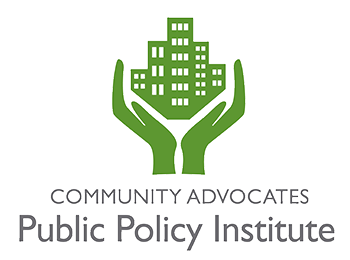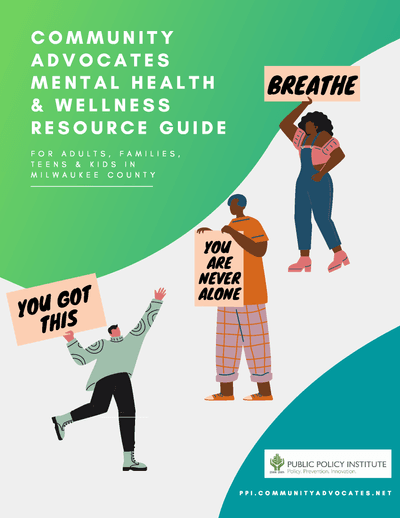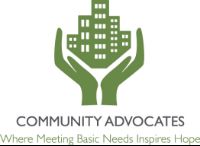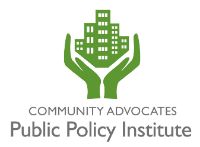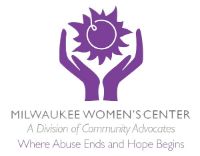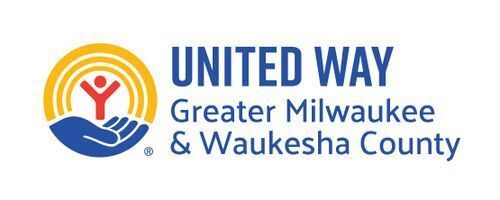Mental Health and Wellness Resources
The Public Policy Institute believes that members of our community should be empowered to make informed decisions so that we can prevent small problems from turning into traumatic crises. That’s why have developed a niche in Southeastern Wisconsin as a training resource for community members, human services providers, and coalition members who want to take their skills and awareness to the next level.
Our certified trainers provide unique, interactive, and enlightening learning opportunities on mental health, substance use, trauma, and suicide prevention so that participants can become advocates for themselves and their family members, as well as in the workplace, in schools, and in community settings.
Our commitment to providing expanded mental health and wellness learning opportunities includes providing mental health and wellness resources to community members. We encourage you to download, use, and share the resources listed below.
Want to add a resource? Contact us.
-
Milwaukee Health Care Partnership and Health Compass Milwaukee, a one-stop resource for trusted, comprehensive health-related data about Milwaukee County residents and communities, present the 2024 Milwaukee County Community Health Needs Assessment.
-
Black Clinicians Milwaukee LLC was formed in 2020 by six Black Therapists in Milwaukee to collaborate with over 200 Black Therapists in the Milwaukee area for the purposes of networking, professional development, and to establish an informal referral network for individuals in the Milwaukee community who request a Black Therapist.
-
In collaboration, Mental Health America (MHA) and Citizens, MHA’s founding financial services partner, are addressing the relationship between finances and mental health. Struggling financially can poorly impact mental health and increase stress, anxiety, worry, and depression. At the same time, struggling with mental health or living with a mental health condition may impact financial stability.
-
A directory of resources for behavioral health, treatment, support groups and more for Milwaukee County residents. Updated July 2022.
-
This ADHD guide from Child Mind Institute offers parents the information you need to understand the behaviors associated with the disorder to help you make effective decisions.
-
Feeling sad is a normal reaction to difficult times in life. Depression is different—it is a mood disorder that can affect how a person feels, thinks, and acts. Read this fact sheet from the National Institute of Mental Health to learn about depression in women and ways to get help.
-
The Wisconsin Child Abuse and Neglect Prevention Board, in partnership with Family Resource Center parents and staff, developed a 2-1-1 Family and Child guided search. The top three searches are family support centers, child development classes, and parent education.
-
Giving a Voice to Depression is a podcast dedicated to reducing the isolation and stigma of depression, one story at a time.
-
From the Milwaukee Health Care Partnership and Milwaukee County Behavioral Health Services, the Healthy MKE website offers a single source of truth for public and private services in Milwaukee County, where providers and community members can get the information they need to help themselves or others. Resources are available in English, Spanish, Hmong, and Arabic.
-
The Mental Health Crisis Card tells people who are with a youth, or adult, experiencing a mental health crisis what to do immediately, in the first five minutes, to de-escalate the situation. The card is completed by the person carrying it and includes calming strategies and what works and what hurts in crisis situations. From the Office of Children's Mental Health.
-
Mental Health America's 2025 BIPOC Mental Health Toolkit provides free, practical resources to help navigate mental health stigma, bridge generational differences, dismantle mental health myths, and encourage meaningful conversations.
-
As people become more comfortable talking about and seeking help for mental health concerns, more and more people find themselves becoming caregivers. MHA has created an online guide to help new mental health caregivers navigate their role. Topics include getting started, challenging stigma, caregiving in the treatment setting, and understanding challenges during recovery.
-
Information on programs and services for Milwaukee Country residents of all ages who need help with mental health and substance use issues. If you're in crisis, call 414-257-7222.
-
E-newsletter sent every other Monday by Community Advocates Public Policy Institute featuring news about substance abuse prevention, mental health, and local resources.
-
NAMI Wisconsin created this guide to help people living with a mental illness and those supporting them navigate the mental health care system.
-
SAMHSA has collected a number of resources for people who are in recovery to support their health and wellness as they live full lives with mental health conditions and substance use disorders.
-
Rethinking Drinking is designed for U.S. adults who drink alcohol. It provides evidence-based information about alcohol and health along with tips, tools, and resources for those who want to cut down on or quit drinking.
-
Coalition devoted to improving mental health, wellness, and substance-free living in Milwaukee County.
-
The Substance Abuse and Mental Health Services Administration (SAMHSA) released the "Issue Brief: Black Youth Suicide Prevention," highlighting a significant rise in suicide rates among Black youth.
-
SAMHSA’s National Helpline, 1-800-662-HELP (4357) (also known as the Treatment Referral Routing Service), or TTY: 1-800-487-4889 is a confidential, free, 24-hour-a-day, 365-day-a-year, information service, in English and Spanish, for individuals and family members facing mental and/or substance use disorders. This service provides referrals to local treatment facilities, support groups, and community-based organizations. Also visit the online treatment locator, or send your zip code via text message: 435748 (HELP4U) to find help near you. Read more about the HELP4U text messaging service.
-
SAMHSA has developed a conversation guide to support a friend or loved one by providing them with access to services for mental health or substance use. This guide helps start conversations respectfully and helps guide the friend or loved one to resources that could help.
-
For the Setting Boundaries with Alcohol and Other Drugs Campaign, RISE Drug Free MKE has partnered with Marquette University's basketball player, David Joplin, to talk about why it's important to set boundaries with substances as a college student and athlete.
-
A survey conducted by the National Alliance on Mental Illness (NAMI) found that 64 percent of individuals living with a mental illness reported that their conditions worsened around the holidays. Whether due to separation from loved ones, personal grief, the pressures of gift-giving, economic hardship, challenging interactions with family members, or shorter days, this time of year can bring unique behavioral health challenges.
-
Mental Health America offers quick and easy online screenings to determine whether you are experiencing symptoms of a mental health condition. After your mental health test, you will see information, resources, and tools to help you understand and improve your mental health.
-
Here you will find maternal, infant, child, and adolescent health data and reports as well as a guide for using the Wisconsin Interactive Statistics on Health (WISH) to show you how to do your own data queries on a wide-range of health indicators in our state and communities.
-
The Office of Children's Mental Health (OCMH) supports Wisconsin's children in achieving their optimal mental health and well-being.
-
The Wisconsin Office of Children’s Mental Health (OCMH) has released its 2024 Annual Report, marking a decade of dedicated efforts to enhance the mental health and well-being of children, teens, and young adults across the state.
-
The UW-Milwaukee Center for Urban Population Health prepared the Wisconsin Tobacco Facts: Mental Health report to present data that shows how the use of cigarettes and e-cigarettes may be associated with mental health and socio-emotional health among Wisconsin adults. The findings presented are intended to provide a resource for state and local health departments, health professionals, educators, and local coalitions working to reduce tobacco consumption and the associated costs in Wisconsin.
-
Women Initiate Self-Healing and Hope (WISH) is a support, empowerment, and educational group for women who are in or have been in an abusive relationship. The group helps women gain support, insight, and strength from other women who have experienced domestic violence.
Learn More
Check out our mental health and wellness workshops on our online calendar.
Receive the Public Policy Institute's training course announcements in your inbox by signing up here.
Our bimonthly Milwaukee Prevention Journal e-newsletter includes training opportunities, events, and resources. Subscribe here.
Want to bring a workshop to your workplace or community? Contact us.
